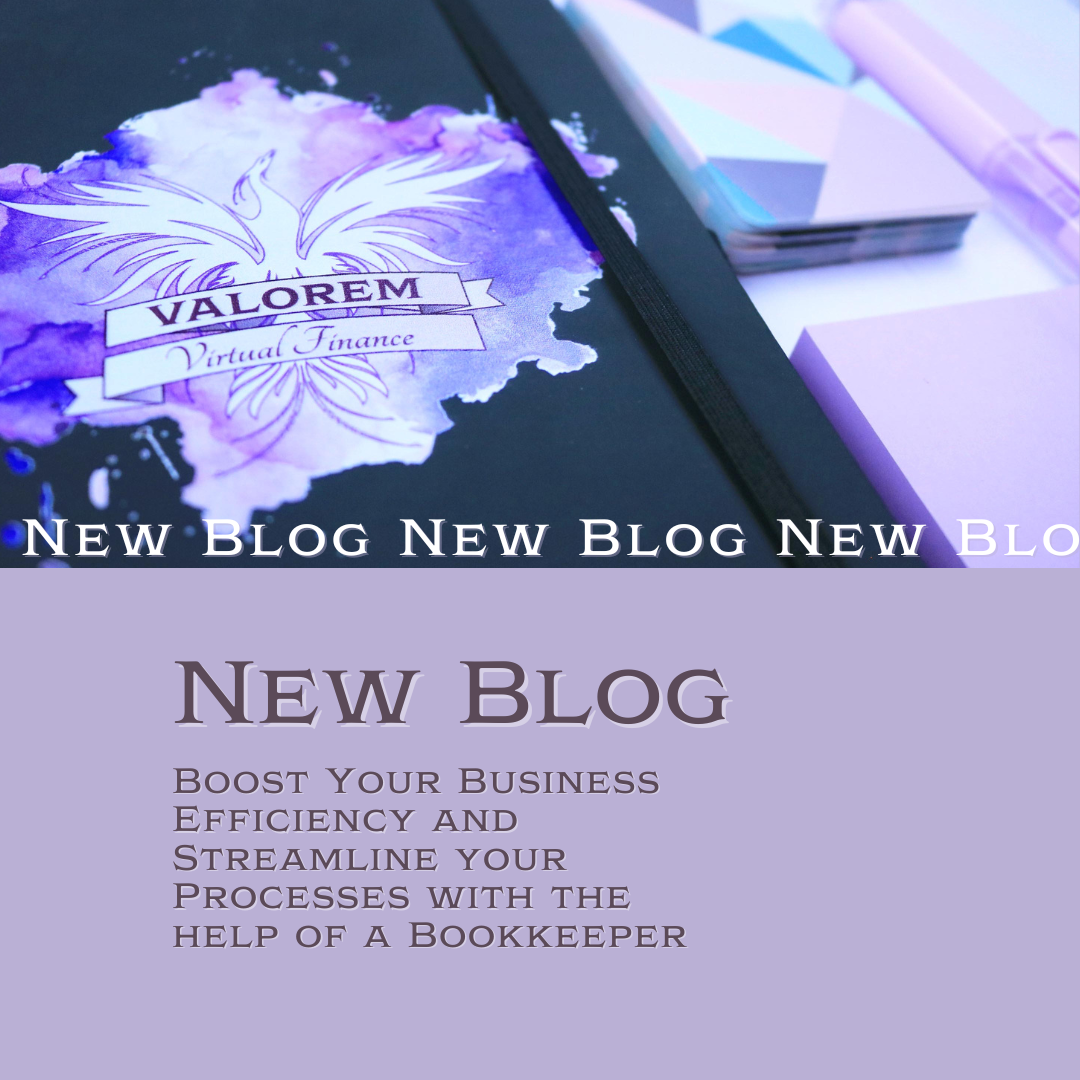A Guide to Understanding Your Limited Company: Tips from a UK Accountant
Running a limited company in the UK comes with several advantages, such as limited liability and potential tax benefits. However, navigating the financial aspects of your business can be challenging, especially if you're not well-versed in accounting principles. To shed light on some common concerns faced by business owners, we put together this blog post to give you some expert insights and advice.
The Importance of Financial Records:
Your company's financial records form the backbone of your business operations. Accurate and up-to-date records are crucial for making informed decisions, filing taxes, and understanding the financial health of your company. Your accountant will stress the significance of maintaining meticulous records and using suitable accounting software to streamline the process.
Business Structure and Taxation:
The structure of your business impacts its tax liabilities. Let's highlight the key differences between being a sole trader and running a limited company. Limited companies are subject to corporation tax on their profits, while sole traders pay income tax on their earnings. Understanding the distinctions helps you assess which structure aligns better with your goals and financial situation.
Corporation Tax and Filing Deadlines:
As a limited company owner, you must pay corporation tax on your profits. Know the relevant tax rates and stay updated on any changes in tax legislation. Meeting filing deadlines is critical to avoid penalties and interest charges, and your accountant can help you plan ahead and ensure compliance.
Claiming Expenses:
Properly managing expenses can lead to significant tax savings for your limited company. There are various allowable expenses that can be deducted to reduce the company's taxable profits. However, it's crucial to follow HMRC guidelines and ensure that all claims are valid and supported by proper documentation.
Payroll and PAYE:
If your limited company has employees, you'll need to operate a Pay As You Earn (PAYE) scheme to handle income tax and National Insurance contributions. Your accountant will be able to help with the PAYE process, including calculating taxes, preparing payroll, and submitting the necessary reports to HMRC.
Dividends and Personal Taxes:
As a shareholder and director of a limited company, you may take dividends as part of your income. Understanding how dividends work, their tax implications, and any potential tax reliefs or allowances is essential to manage your personal finances efficiently. Your accountant can guide you through these complexities to optimise your tax position.
VAT Registration:
If your company's taxable turnover exceeds the VAT threshold currently set at £85,000, you'll need to register for Value Added Tax (VAT). There are benefits of voluntary registration for businesses below the threshold and the different VAT schemes available. Accurate VAT accounting and timely submissions are crucial to avoid penalties.
Conclusion:
Running a limited company in the UK can be rewarding, but it comes with financial responsibilities that demand careful attention. Consulting with an experienced accountant can provide invaluable guidance and ensure that your business stays compliant with tax regulations. By maintaining accurate financial records, understanding your tax liabilities, and making informed decisions, you'll be well on your way to running a successful and financially sound limited company.












